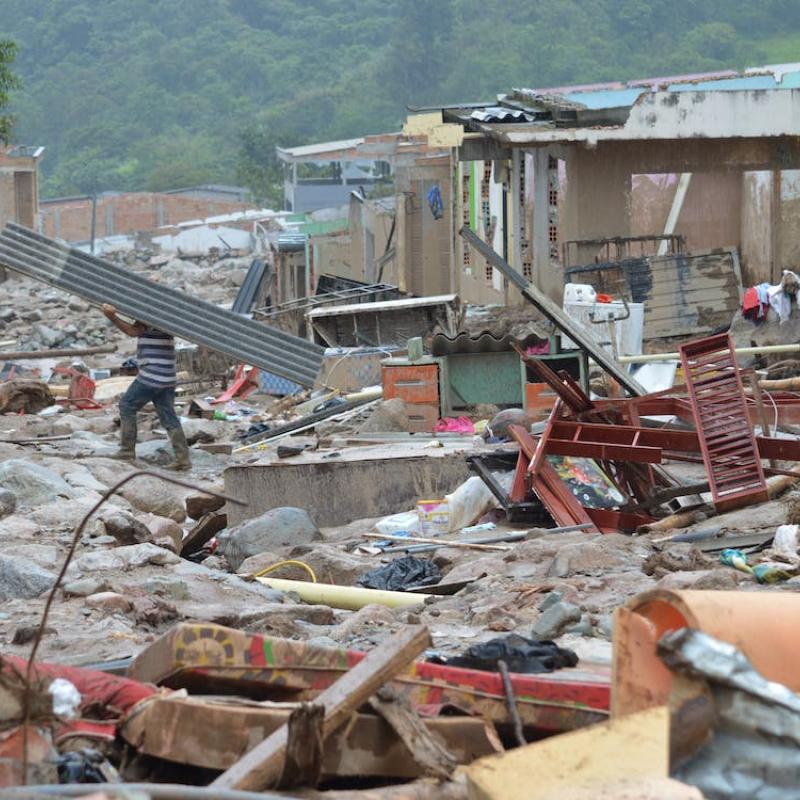Community engagement in decision-making for disaster resilience and preparedness

When disasters happen, it's important to include the people who are affected in making decisions and getting ready for emergencies. This means working together with both the community and the authorities. They need to team up to plan and allocate necessary resources. Partnership is crucial because it helps identify what makes the community vulnerable and define mitigation strategies.
However, it's still tough for people from different communities to make sure their needs are considered when thinking about the dangers and opportunities of disasters. If some groups are left out, it can amplify the impact of crises. More research is needed to understand how to involve communities better, and strengthen a culture of preparedness and adaptation in local communities. This includes looking at local training in national/local risk management programmes, inclusive engagement processes which include vulnerable and diverse groups, and the development of community based-early warning systems.
Study Area:
This research will focus on hazards in three locations: on the cross-national risk management of cyclone risk and cascading events within a context changing in terms of weather patterns in Reunion Island, on the management and displacement of a unexpected group of migrants Malta, and on the cascading effects of floods and blackouts in the Netherlands along with the integration of citizens and spontaneous volunteers. You can select the case study area of your interest! For the case study area of Reunion Island, French language skills are an advantage. In Malta, English language proficiency is enough.
Potential supervisors
- Dr. Eefje Hendriks,e.hendriks@utwente.nl Assistant professor Disaster Resilience and Humanitarian Assistance)
Advisors:
- Dr. Nathan Clark, n.e.clark@vu.nl, Assitant professor at the Vrije Universiteit Amsterdam, Department of Organization Science.
- Prof. Dr. Kees Boersma f.k.boersma@vu.nl Professor of socio-technical innovation and societal resilience in the Faculty of Social Sciences (at the Department of Organization Sciences), part-time seconded to the Faculty of Science (at the Science, Business & Innovation group).
The research is connected to the the European Funded Horizon project SYNERGIES. SYNERGIES has the ambition to provide evidence-based guidance supporting formal actors (from public administrations, to authorities, practitioners, and education organisations) and community leaders in engaging and empowering citizens and their communities. This includes fostering collaboration for all members of local communities (including those in vulnerable conditions), and improving local capacities to assess and monitor preparedness and identify opportunities for its improvements. The work will be done in the three preparedness cases highlighted above.
Your focus can be defined in conversation with the team. We are happy to adapt the workplan to your skills and interest. You can select several types of analysis to engage with. Methods used for the work in the cases will include:
- Desk study on several topics
- Network and stakeholder mapping and analysis in the case study areas
- Structured workshops with experts, Local Support Teams and citizens using measurable parameters and indicators, online or in the country.
- Assessments of the level of preparedness before and after the implementation of the preparedness actions based on earlier developed tools.
- Small scale simulations integrated with table top exercises online or in the country.
- Retrospective studies (comparison with results of past experiments of the users)
Selected samples of citizens may be involved in the small-scale simulations and experiments through Webinars, smart tools that channel interaction, questionnaires, and polls to elicit their opinion, and allow them to contribute grassroot perspectives in the cases.
